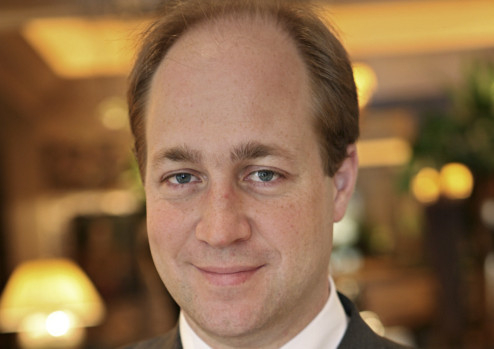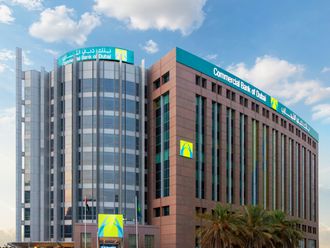
At a private banking conference in Dubai last month, a ballroom full of private bankers and wealth managers questioned local experts on the details of bringing their business to the emirate. Participants travelled from Switzerland, Luxembourg, Cyprus, Monaco and France to understand the emirate’s legal, fiscal and regulatory framework at the event, titled Dubai Forward.
Dubai’s rise to prominence is contrasted by the doom and gloom generally prevailing in the world of private banking. While visitors to the emirate were discussing a way forward, an industry conference in Europe was also debating the future, albeit in a session titled Private Banking is Dead: Now What?
Experts say the emergence of Dubai as a hub for private banking is a result of many factors. Its reputation as a safe haven is one of the first considerations when it comes to attracting wealth from the region. For international markets, its tax-free status, the world’s fourth-best performing stock market and a booming economy further contributes to the positive sentiment.
Banks say the proactive role played by regulatory bodies such as the Central Bank and the Dubai Financial Services Authority means the private banking business in the emirate remains internationally relevant. And recent developments such as index provider MSCI’s reclassifcation of the UAE and Qatar as Emerging Markets contribute to the general optimism.
Rise to prominence
André-Valéry Bordes is President and CEO, Academy & Finance (Geneva, Hong Kong and Dubai), which organised Dubai Forward. He tells GN Prime, “It will always be a good time to organise a conference about Dubai. And now, particularly after the crisis of 2009, there is a good reason because in Europe there are changes in banking rules. You are going to see more independent asset managers and banks here. A lot of European wealth managers are interested to look at whether Dubai can be a substitute for Switzerland.”
While troubled financial hotspots may be contributing to this influx, prominent bankers say the UAE is an economic sweet spot in its own right. Michael Chahine, Deputy General Manager, Wealth Management, Emirates NBD, tells GN Prime, “The money came to Dubai not because there were problems elsewhere. It came to us because there is an opportunity; the economy in our region is growing. It is a natural attraction and it is safer here.
“We did not relax our rules because of what is happening elsewhere. The regulator here is very strong.”
Local banks have been seeing their optimism validated by their balance sheets. For instance, Emirates Investment Bank recently announced that its total assets under management increased by 71 per cent from Dh2.49 billion in 2012 to Dh4.26 billion last year, even as the UAE continued to attract funds from troubled parts of the region and other emerging markets.
Jean-Paul Petoud, Chief Investment Officer of Private Banking, Emirates Investment Bank, says, “As investor sentiment continues to improve, we feel optimistic about Dubai and its prospects. We foresee a continued influx of capital, investors and entrepreneurs fuelling positive sentiment and, in turn, increasing investment flow to the region. This is driven by increasing mergers and acquisitions, private equity activity and upward movement in the real estate market.”
Minding gaps
There is, of course, more wealth to be managed as the region gets richer but professionals are also here to manage their European clients. Bordes cites the example of a hypothetical Egyptian businessman who might organise much of his business and private acquisitions from Switzerland when he went there for private banking. “Now a lot of clients want to do this from Dubai. This could attract many professionals because they will be able to manage a lot of work for the Arab world from Dubai,” he says.
The gap, if any, lies in the availability of products in a still-evolving larger legal framework. But Chahine points out that the unavailability of financial products may be a thing of the past. “Earlier, people turned to other markets because locally we did not have financial products to meet their needs. This is changing now. For example, we can now compare ourselves to major international banks in terms of products offered here,” says Chahine.
Part of the reason for the perceived lack of products, contrary to expectations, is possibly regulatory caution. A senior banker who did not wish to be quoted says that often the products exist but they need to be approved, with the process often taking as long as six months.
While that may be frustrating, extreme caution balanced with cheerful optimism is perhaps the best recipe for success in the current economic climate.











